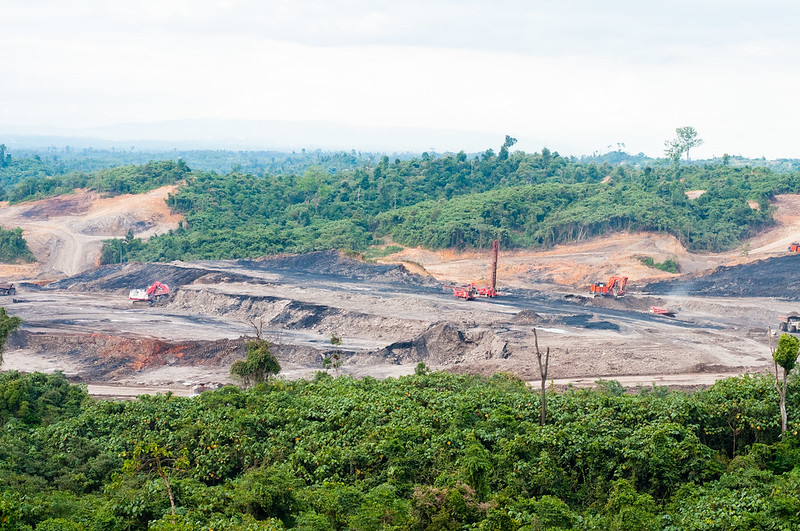18 September 2023 New York Climate Week | Ford Foundation offices
A private roundtable during New York Climate Week, hosted by The Institute for Human Rights and Business (IHRB) and African Climate Foundation (ACF), in partnership with the Ford Foundation
Just Energy Transition Partnerships (JETP) are fast becoming the go-to model for national-level decarbonisation initiatives, with South Africa, Indonesia, Vietnam, and Senegal leading the way in negotiating early-stage financing with “International Partner Groups” (IPG) of donor governments and GFANZ-aligned financial institutions. These efforts are an essential first step in incentivising the much larger-scale private investment required for each country’s energy transition, continuously, over the next three decades.
JETPs are also a new, untested, and so far ad-hoc model with enormous implications for the human rights of local workers, communities, indigenous groups, and consumers. There is currently a lack of internal and external coherence in the way various national policy makers across the JETP countries are interpreting the “just” dimensions of just transitions, as well as the challenges in practice of ensuring transparency and meaningful stakeholder engagement during the early-stage negotiations of JETP investment plans. At the same time, global standard-setting conversations at the G20, ISSB, UNFCCC, and ILO remain at an early stage, and key international frameworks such as the IFC Performance Standards have not been updated to reflect the Paris Agreement, NDC developments, or the growth of private sector commitments to just transitions.
What should the investment community, as well as affected stakeholders, do in the interim? Accepting the strong need for local context, is there not also a danger of losing focus on “just” processes and outcomes without some level of transparency and comparability across JETP countries to institutionalise the most effective models?
Early indications suggest that financing the “just components” of national net-zero transitions have been less attractive to private sector investors and heavily reliant on philanthropic funding, development aid, and public sector financing. The domestic and international private investors that are supposed to crowd-in behind the initial investment packages are coloured by differing commitments to social components within their ESG frameworks.
Unless the social risks and opportunities of national processes and outcomes are better understood and engaged with then the inspiring vision of decarbonisation-as-development will be put at risk, provoking societal and community backlash, and undermining net-zero imperatives. Conversely, understanding the linkages as well as gaps in public and private sector investment standards at this early stage of the transition could incentivise greater prioritisation of social criteria and processes that also enable ambitious mitigation, adaptation, and climate resilient development over the medium-term.
The aim of this discussion is to explore the role international ESG standards and benchmarks can and should play in advancing greater quality control within and between developing transition financial frameworks. Leading thinkers from all parts of the interested public and private investment community as well as civil society and philanthropy will come together to share insights, challenges, and new ideas.
Hosted by IHRB and the African Climate Foundation (ACF), in partnership with the Ford Foundation, this is an invitation-only event and spaces are very limited. If you are interested in requesting an invitation, please indicate your interest to haley.st.dennis [at] ihrb.org




